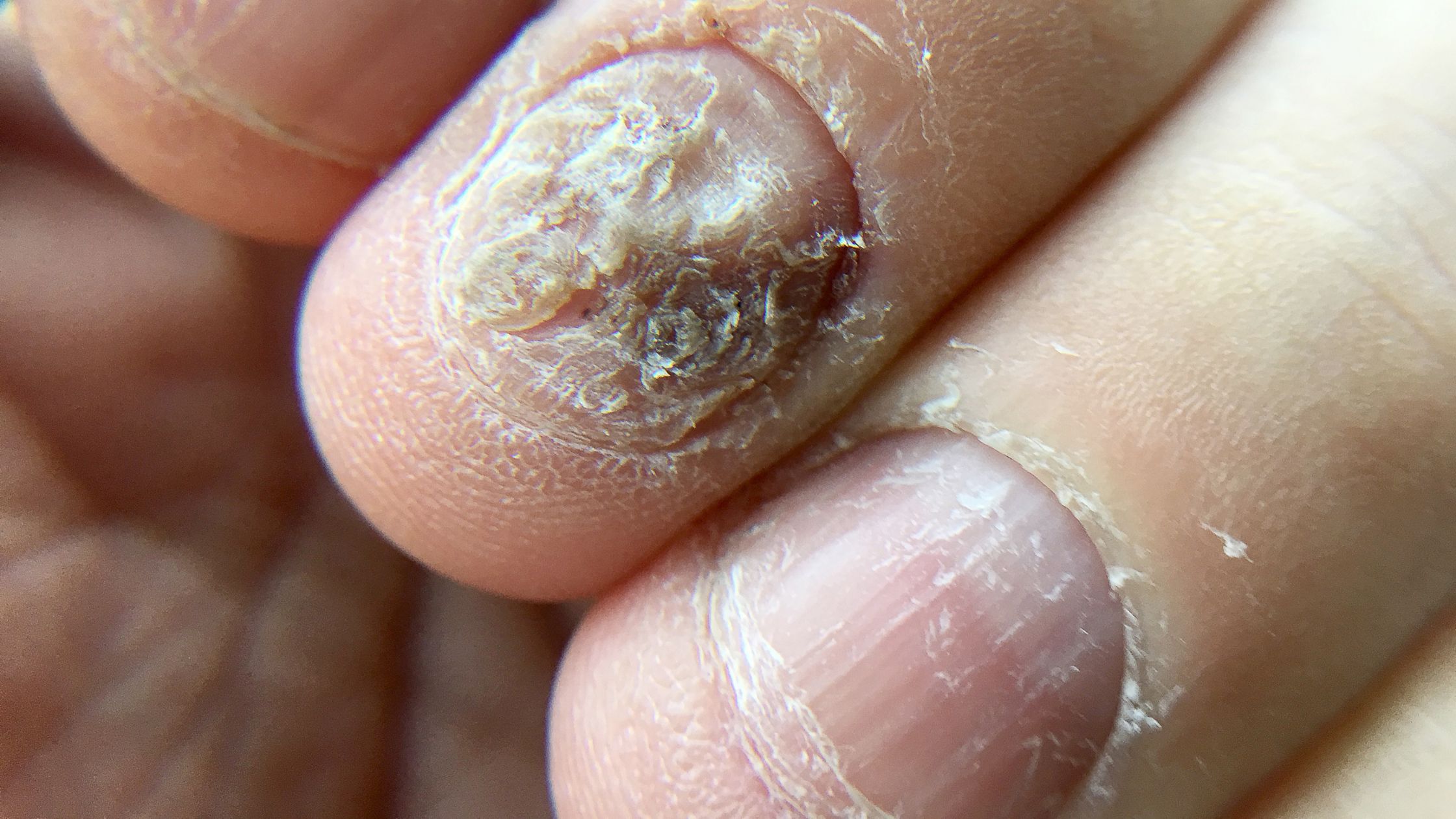14 Natural Home Remedies For Constipation
For many people, dealing with constipation is an unfortunate but regular occurrence. If you’re one of them, you know that constipation can cause bloating, cramping, and general discomfort. The good news is that there are some simple things you can do at home to ease the symptoms of constipation and get things moving again. Keep reading to learn more about the natural home treatment for constipation.
Home Remedies for Constipation
Here are some of the best natural home remedies for constipation relief.
1. Increase your water intake
Dehydration is one of the most common causes of constipation. So it’s important to drink eight to ten glasses of water if you are constipated. It will make your stool softer. You can also try adding some electrolytes to your water by drinking coconut water or squeezed citrus fruits.
2. Eat fiber-rich foods
Foods like beans, Brussels sprouts, bananas, oats, whole wheat bread, and apples contain a lot of fiber which can help soften your stools and make them easier to pass through your intestines. Therefore help ease constipation. Try to eat 25 grams of fiber per day.
LEARN MORE: List of Foods High In Fiber
3. Dried fruit
Dried apricots, prunes, figs, and dates are all excellent fruit to treat constipation. Just be sure to eat them in moderation, as they are also high in sugar. Start with just a few pieces and increase your intake from there until you start to see results. You can also try soaking dried fruit in hot water for a few minutes to soften it up before eating; this will help speed up the process even more.
4. Coffee
Though it may seem counterintuitive, coffee can actually be quite helpful when you’re dealing with constipation. The caffeine in coffee acts as a mild laxative by stimulating movement in the intestines. Just be sure not to add milk or sugar, which can make constipation worse.
5. Castor oil
Castor oil is a vegetable oil that’s derived from castor beans. It is used to treat constipation. Castor oil works as a natural laxative by stimulating bowel movements. The recommended dose is 15 milliliters (about 1 tablespoon), taken orally once a day.
6. Regular exercise
Regular exercise promotes regular bowel movements. A moderate amount of exercise is the key here – too much can actually make constipation worse. Taking a brisk walk for 20-30 minutes each day should do the trick.
7. Try senna tea or supplements
Senna is a type of herbal laxative that can stimulate bowel movements and relieve constipation by irritating the lining of your intestine and causing contractions in your colon muscles. Senna tea is readily available in supermarkets or online, but you can also take it in supplement form.
Keep in mind that senna tea should only be used on a short-term basis since it can cause cramping and intestinal discomfort when used over the long term. Start with no more than 1 cup (240 ml) per day, or follow the directions on the supplement bottle if using senna in supplement form.
8. Don’t ignore the urge to poop
When you feel the urge to have a bowel movement, don’t hold it in—this can lead to dry, hard stools that are difficult to pass.
9. Practice some deep breathing exercises
Deep breathing can help relieve stress and relax your muscles. This will help you have an easier time passing a stool when you are constipated.
10. Take a probiotic supplement or eat probiotic-rich foods
Probiotics are beneficial microorganisms that are similar to the ones found naturally in your gut. They can help improve digestive function and relieve constipation by restoring the balance of good bacteria in your gut flora. Look for a probiotic supplement with at least 1 billion CFUs (colony forming units) per serving, or eat probiotic-rich foods such as yogurt, sauerkraut, kimchi, miso soup, and tempeh.
11. Herbal teas
Herbal teas such as chamomile, ginger, peppermint, and dandelion can help relieve constipation by stimulating the digestive system and increasing stool frequency. Drink one cup of tea two to three times a day for relief.
12. Massage your abdomen
Research shows that giving your abdomen a gentle massage can help relieve constipation. It also eases pain and discomfort in the lower abdomens. To give yourself an abdominal massage, find the spot between your ribs and pelvis and rub in a clockwise motion for 1-2 minutes.
13. Avoid processed foods
Processed foods like white bread, cookies, crackers, chips, and fried snacks can cause constipation because they are low in fiber and harder for your body to digest. Avoid these types of foods and opt for whole, unprocessed foods instead.
ALSO SEE: 7 Common Causes of Constipation
14. Psyllium Husk
Psyllium husk is a type of fiber that’s often used as a natural laxative. It works by absorbing water and expanding in the intestine, which helps promote regular bowel movements. Psyllium husk is available in powder form at most health food stores. To use it, simply mix 1-2 tablespoons into eight ounces of water and drink. You may need to drink several glasses throughout the day to see results. Psyllium husk is generally considered safe for most people. However, it can cause gas and bloat, so start with a small amount and increase gradually as needed.
LEARN MORE: 9 Foods that Relieve Constipation Quickly
When should I see a doctor?
While most cases of constipation can be treated at home without seeing a doctor, there are some instances where it’s important to seek medical help. These include if you’re having severe abdominal pain, rectal bleeding, weight loss, or fever. If you’re pregnant and experiencing these symptoms, you should also speak to your doctor as soon as possible.
Can constipation be prevented?
Yes! There are a number of things you can do to prevent constipation from happening in the first place. These include eating a high-fiber diet, drinking plenty of fluids (especially water), exercising regularly, and going to the bathroom when you have the urge—don’t hold it in! By following these simple tips, you can help keep constipation at bay.






